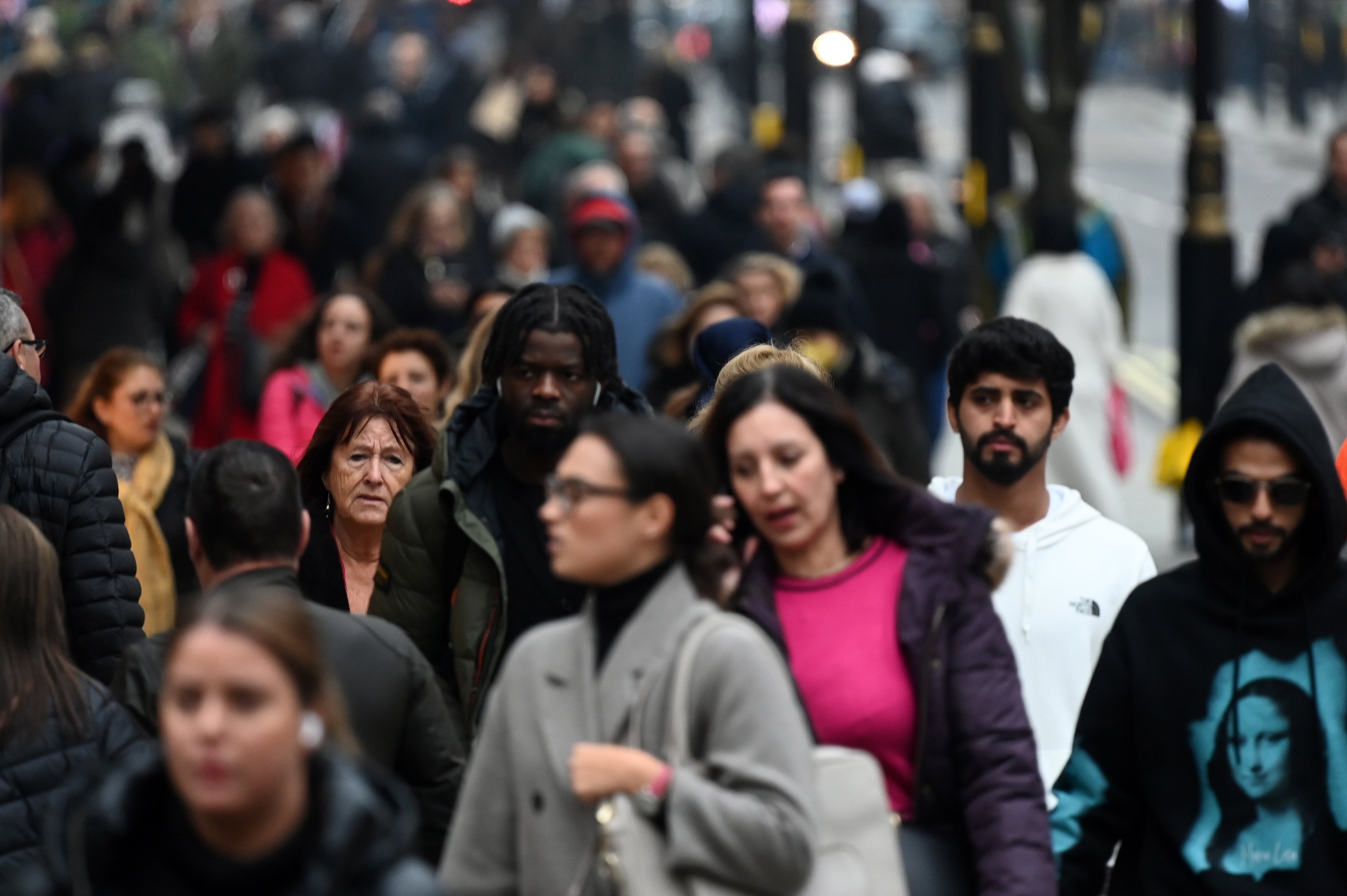Religions wax and wane but do not make or break nations
Editorial: Communities and nations can easily survive and prosper, provided they share values that tend to be common to all faith groups – tolerance, charity, compassion and peace

Is Britain no longer a Christian country? On a crude sort of majoritarian definition, it isn’t. According to the 2021 census, less than half of people in England and Wales identify as Christian for the first time. The number stands now at 46 per cent, against 59 per cent in the previous decade.
Similar figures were reported for Scotland earlier this year – 53 per cent in 2011 to 33 per cent now. In terms of plurality, the largest single identification group in England and Wales is still “Christian”, but not far ahead of those who declared “no religion”, now almost four in 10 of the population. Some faiths such as Islam are growing, perhaps for demographic rather than philosophical reasons, but the United Kingdom is becoming a more godless place.
Then again, the decline in Christianity is nothing new. Traditional forms of observance among Christians have been in a long decline for more than a century. Not since the wave of nonconformism that spread around Wales, the Midlands and the north of England in the latter part of the 19th century has there been much of an increase in enthusiasm for the teachings of Christ. The contemporary evangelical branches of Christian churches, often linked with communities with their roots in West Africa and the Caribbean, are an exception. Polish and Lithuanian settled communities have bolstered Catholic services.
Still, though, relatively few Britons attend church on anything like a regular basis, and as congregations thin out, so, sometimes, do communities.
Some families make a mild and transient show of Christian fervour so that their child can secure a cherished place in a Church of England or Catholic primary school. The number of Britons who actually live their lives according to the teachings of Jesus must be vanishingly small.
There is some surprising distress about the decline in Christian identity and Christianity’s standing and influence in society. More often than not, this comes from those who have not set foot inside a church or chapel for decades, apart from for baptisms, weddings and funerals.
Those who haven’t given a second thought to God appear to be outraged by the decline in Judeo-Christian traditions every time some new data is published. And yet communities and nations can easily survive and prosper, provided they share values that tend to be common to all faith groups – tolerance, charity, compassion and peace. Those are the qualities that one of the most prominent of British Christians, the late Queen, advised her people to embrace, whatever their faith, or lack of it.
The King has in the past spoken of being a “defender of faith”, and, though he seems to have now reverted to adopting the more traditional title of “defender of the faith”, he will also be an inclusive head of state. As supreme governor of the Church of England, he and the leadership of the established church will need once again to assess its role in a society where it is losing popularity. For how long, for example, should the Anglican Church alone be entitled to a constitutionally-mandated representation in the House of Lords?
To keep up to speed with all the latest opinions and comment sign up to our free weekly Voices Dispatches newsletter by clicking here
It might make for a more informed debate and an institution that commanded more respect if, for example, Sikhs, Muslims, Jews, Orthodox Christians and Buddhists also enjoyed the statutory rights to be listened to.
The UK in 2022 is a nation with a Hindu prime minister and a Muslim mayor of its capital city, and few think it odd. It is regarded as an achievement and something to celebrate. Most criticism is political, or even personal, but not, mercifully, ethnic or religiously motivated.
It is certainly true that the “face” and the spiritual life of the nation are changing but cities such as Leicester, now with a minority white British population, demonstrate how people from radically different backgrounds have so much more in common than that which divides them, despite politically motivated troublemakers attempting to disturb the peace. Spectacular Diwali celebrations are open to all in Leicester, and so should celebrations of faith be more widely.
Religions wax and wane and, in the end, do not make or break nations, whether those nations explicitly separate church and state or not. It’s values that count, more than political institutions or even supernatural beings.






Join our commenting forum
Join thought-provoking conversations, follow other Independent readers and see their replies
Comments